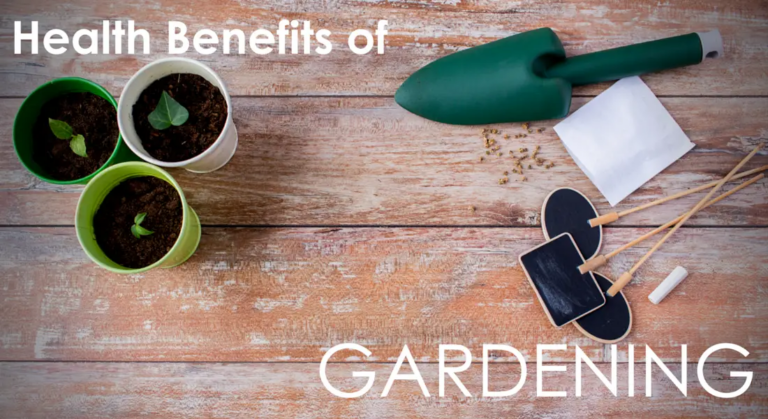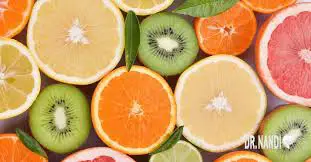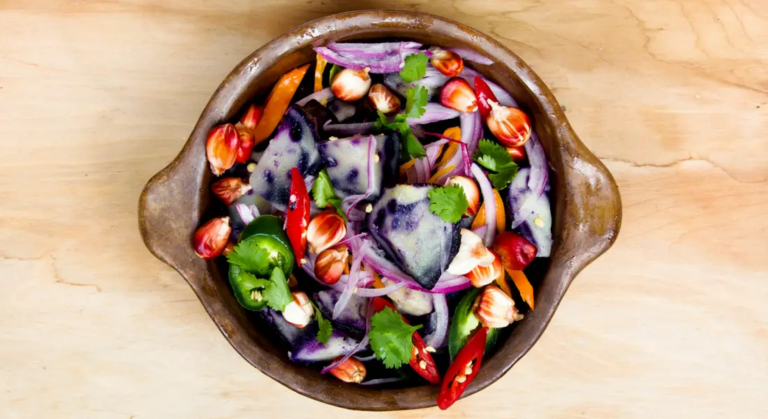The next time you have a “gut feeling,” it might be good for your health to pay attention. The microbiome in our gut is connected to our brain. Scientists call our gut “the second brain.” The gut and the brain constantly communicate with one another by sending chemical signals along what is called the gut-brain axis. The gut bacteria aids digestion, balances the immune system, protects against disease-causing bacteria and helps produce vitamins and nutrients required by the body. Scientists are showing a specific link between our microbiome and depression, which means our diet could drastically influence our mental health and gut. (1,2)
Microbiome and Depression
Not until the mid-2000s did scientists understand how our brain and stomach interact to alter our health and well-being. So, the science uncovering our microbiomes and depression is relatively new. Still, plenty of research supports the idea that our gut heavily influences our mood and mental well-being. In other words, while we may not be what we eat, our feelings might be. (3)
Research on Microbiomes and Depression
Studies on how our microbes and gut bacteria impact our mental health are beginning to pour in, pointing to the same conclusion. Balance the microbiomes in the gut, and find balance in more than just your physical health.
A 2018 study showed that people missing some key gut bacteria, such as Coprococcus, are more likely to be depressed. Those with more butyrate-producing gut microbes, microbes that assist in removing toxins from the brain, such as Coprococcus or Dialister, had a higher quality of life. In another study with rats, bacteria of depressed people were transferred to the intestines of healthy normal rats, which led to depressed behavior in those rats. Comparatively, stressed-out rats in another study received bacteria from unstressed animals, and they acted less depressed. (3,4)
A Microbiome-Healthy Diet
In addition to what we eat, probiotic supplements are an easy way to get the number of good microbes for our guts that we need each day. Having a healthy microbiome isn’t just good for your digestion; it helps with all the possible benefits our guts could have for our health. Many recipes provided on the site are healthy gut-promoting meals (https://staging.askdrnandi.com/recipes/).
However, it’s often not just what we add to our diet that helps, but what we remove promotes better health. Wheat can potentially cause gastrointestinal distress, regardless of whether you tolerate wheat and gluten or not. High sugar and fried foods may also contribute to poor gut health. (4)
Microbiomes and You
Which foods and supplements are best for you and your microbiome? There isn’t a “magic-bullet strain of microbes” that will work for everyone. Each person’s gut is unique, and the right formula for you requires a bit of self-detective work. You can get your microbiome tested to determine which foods benefit you the most. You can also trust your gut to guide you. The research on microbiome and gut health is fast-paced and rapidly evolving. It’s an exciting time for those butterflies in our stomachs. Let’s see how our health and mental well-being take off by listening to them.
Sources:
- https://www.scientificamerican.com/article/gut-second-brain/
- https://depts.washington.edu/ceeh/downloads/FF_Microbiome.pdf
- https://www.discovermagazine.com/mind/gut-bacterias-role-in-anxiety-and-depression-its-not-just-in-your-head
- Aspey, D. (2019) Super Human. Harper Wave. (pages 42-62, 199)



















